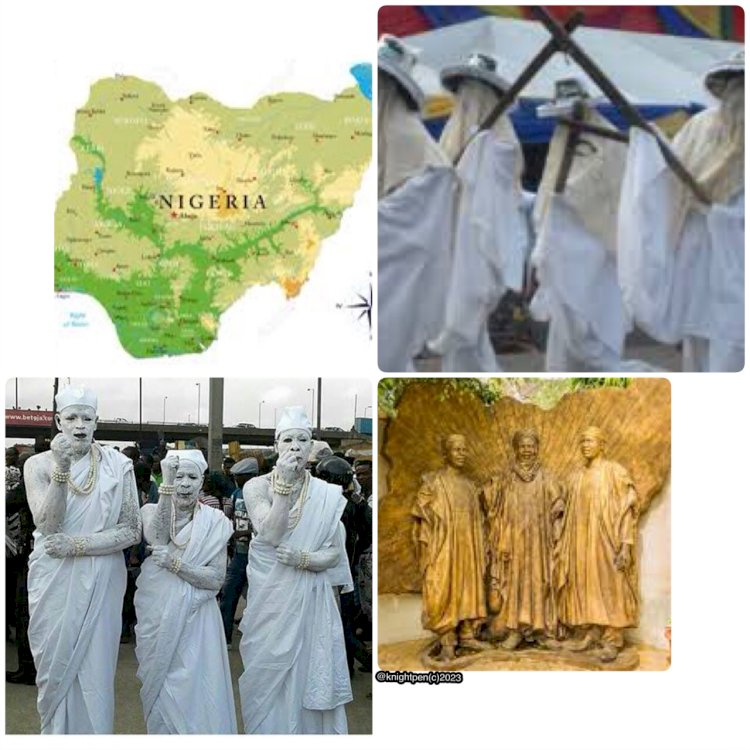LAGOS: TRACING THE TAPESTRY OF ITS ORIGINS AND CULTURAL EVOLUTION
Lagos, with its roots tracing back to the Awori people, is historically the original settlement in the region. The Awori, part of the Yoruba ethnic group, established communities along the coastline, contributing to the city's cultural foundation. While the Bini people later exerted influence in the 15th century, Lagos evolved into a multicultural hub. Over time, diverse ethnic groups, including the Egbas and Ijebus, shaped its identity. The city's journey includes British colonialism, but its essence remains deeply rooted in a dynamic tapestry of cultures, dispelling misconceptions about its origins.

Lagos, a city with a rich history, traces its origins to the Awori people, who are considered the original settlers. The Awori people are part of the larger Yoruba ethnic group, and their presence in the region predates the arrival of other groups.
The Awori people established communities along the coastline of what is now Lagos before the 15th century. Their livelihoods were initially centered around fishing and agriculture, and they developed a distinctive cultural identity. The geographical location of Lagos, with its lagoons and access to the Atlantic Ocean, contributed to the Awori people's engagement in trade and interaction with neighboring communities.
In the 15th century, the Bini (Edo) people, led by their monarch, Oba Orhogbua, expanded their influence to the Lagos region. This marked a significant shift in the area's dynamics. The Binis established authority over Lagos, integrating it into the Edo Empire. Lagos became a part of the Bini kingdom, and the Binis contributed to the cultural and economic development of the region.
Over time, Lagos evolved into a prominent trade center due to its strategic location. The city attracted various ethnic groups, including the Egbas and the Ijebus, further enriching its cultural tapestry. By the 19th century, Lagos had become a hub for European trade, especially with the advent of British colonialism.
The mid-19th century saw Lagos ceded to the British Crown, and it became a British colony in 1861. This marked a crucial turning point in Lagos's history, shaping its trajectory into a cosmopolitan and multicultural metropolis.
While the Awori people were the original settlers, Lagos's history reflects a dynamic interplay of cultures and influences over the centuries. The city's heritage encompasses the contributions of various ethnic groups, making it a melting pot of diverse traditions and histories. Today, Lagos stands as Nigeria's economic and cultural powerhouse, a testament to its complex and multifaceted origins.
You Can Also Read














